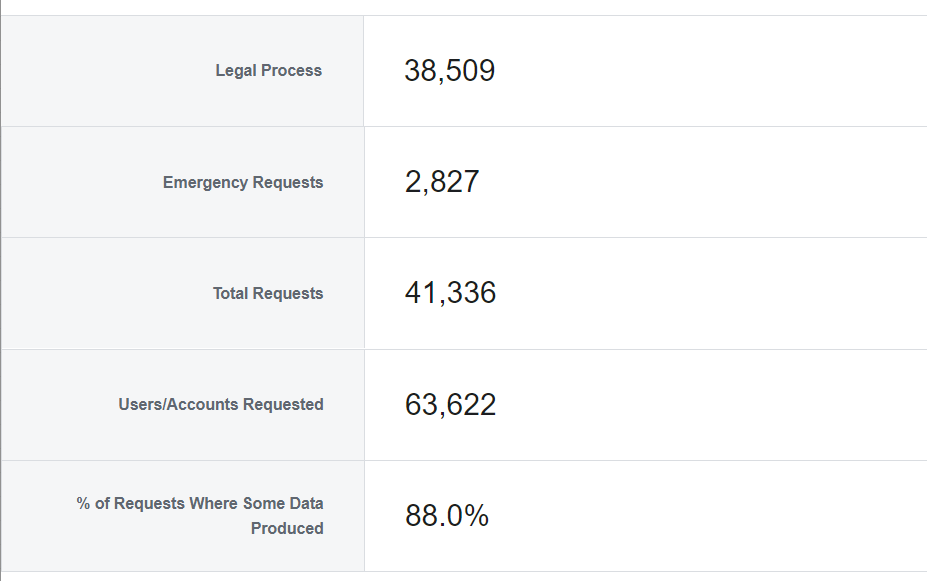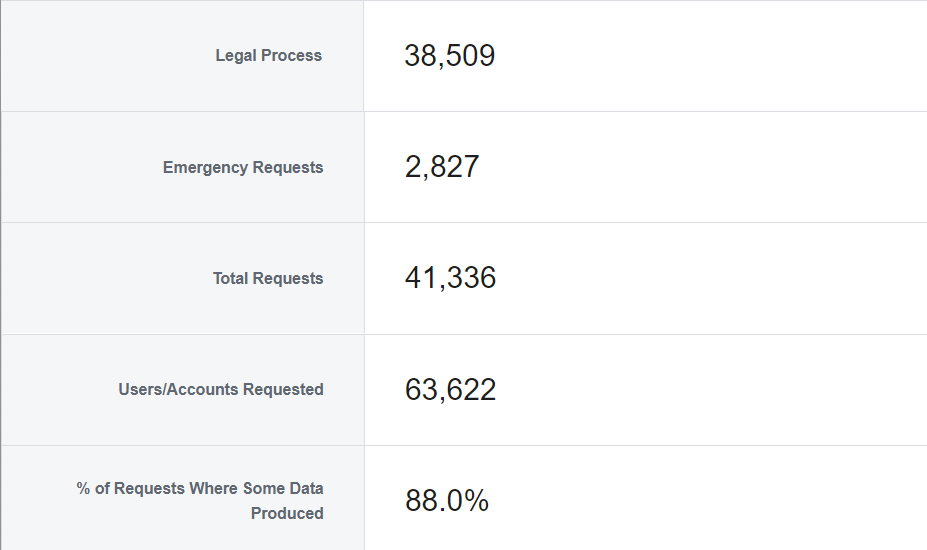The technology I am going to be discussing is surveillance.
I learned about surveillance capitalism through the class readings and found the information very startling.
Surveillance Capitalism (The Conversation) is the phenomenon of earning profit by taking advantage of various forms of surveillance data taken about a person. There are many different mediums in which a person can be under surveillance, CCTV and other cameras was the traditional definition of surveillance. However, with the growth of the internet and social media platforms, companies can now partake in surveillance without the use of cameras. Google, Amazon, and Facebook now take users’ personal information such as gender, age, likes, dislikes, and online activities and use that information as a commodity. In turn, companies use this to suggest advertisements to users, and continued use of the internet continues the cycle.
One question I have is who exactly is buyers of this information? I have an inkling of who purchases this information but I really want to know how widely my personal information is being spread.
According to the Guardian Facebook gave sixty-one companies special rights to user data. And then sixty of those companies also received a 6-month extension of access the data. Among these companies were Nike, Spotify, UPS and a dating app called Hinge. This was revealed in 2018, which contrasts an announcement Facebook had made in 2014 “that the function which allowed such detailed access had been shut down”. (The Guardian)
Looking at Facebook Transparency, Facebook claims it reports on what information they are requested to give to governments. This graphic, from the Facebook Transparency site, displays how many requests for data the United States sent to Facebook, and the percentage of requests Facebook at least partially sent to the government.

What this shows that 88% of all data requested by the US was at least partially give to the Government and that data requests only come in two forms, legal process requests, and emergency requests. (Facebook Transparency)
Surveillance on the internet can be used positively to aid in criminal investigations. This is traditionally what most people think that surveillance is for. I think that using information to intervene with illegal activities is a perfectly valid thing to do, and in my opinion, it should be okay to step over privacy boundaries for this purpose.
In this article, for example, Police made a surge of arrests (20 arrests!) for shooting threats made online. The El Paso shooting was notably announced on social media sites before the incident occurred but unfortunately was overlooked before the tragedy happened. I think that this kind of surveillance should be happening and that no threats of mass destruction should be taken lightly. So in this sense, social media and internet surveillance is a good thing. (Slate.com)
However, what the Facebook Transparency site does not show is the data access it is giving to advertisers and under the table government requests. Not very transparent, Facebook.
One concern that I have with Surveillance Capitalism is that unfortunately, Facebook is not the only offender. There are also smaller third party data-brokers (The Conversation) that sneak through the cracks to gain massive amounts of user data and sell it to advertisers. So it is discomforting to know that there a lot of companies out there with information, even information as mundane as my own.
My other major concern is, with all this data constantly being stored, what happens when we begin to be rated by the types of interactions we have online?
China already has a “social credit” system. Citizens who behave at the Government’s standard “get cheaper train fare and better insurance rates.” (National Law Review) Chinese-American actress Michelle Ye Xuan was barred from leaving the country “after being found guilty of defaming her then boyfriend’s ex-girlfriend on social media”, and millions of more citizens cannot fly or travel by train because of their social credit standing. (Daily Mail UK)
If internet companies already have access to this kind of content and already provide the governments with user information, what is standing in the way of this type of “social credit” system being established in other countries, (including the United States)?
To me, the solution to solving this issue would not be in a technology redesign. The ability to see user data is beneficial in terms of solving and preventing crime, so I think that information should be accessible in these cases. So I suppose I am instead suggesting a redesign of policy and laws in this case.
I think the best thing to do is to make laws that state that companies like Facebook and Google CANNOT release any personal information in ANY situation to ANYONE except for Legal Processes and Emergency Requests.
But until laws are changed, I suppose that people can start researching companies that handle data ethically and make those their primary browsers and websites. The system isn’t really going to change until society demands change, but that can’t happen without awareness. So it is important as a designer in general to create content on the internet that directs user traffic away from the inhumane corporations. In order to get the message out though, we’ll have to play the system as it stands now, just to be on a large enough level to get people’s attention.
Sources:
https://www.theguardian.com/technology/2018/jul/02/facebook-user-data-access-companies-privacy
https://transparency.facebook.com/
https://slate.com/technology/2019/08/el-paso-walmart-social-media-violence-threats-arrests.html
https://www.natlawreview.com/article/majority-report-your-social-credit-score-showing

You must be logged in to post a comment.